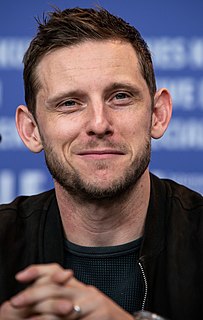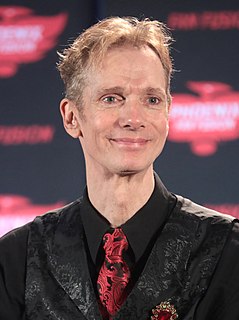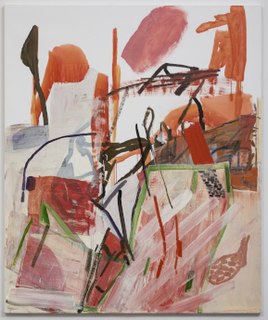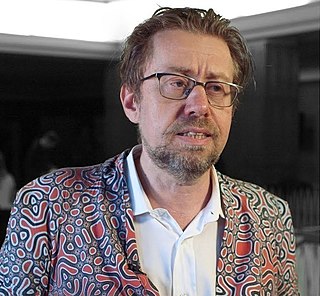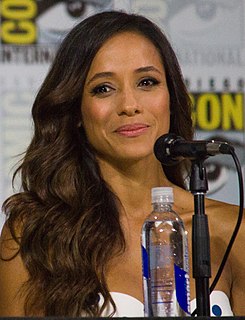A Quote by Daniel Clowes
I've had a real lucky time working in Hollywood. I've talked to other screenwriters, and they're all kind of beaten down and their spirits are crushed, because they work on these screenplays and these projects, and then directors either take them and change everything, rewrite them and make them worse, or they film them and they're nothing like how they imagined it to be.
Related Quotes
I don't like real places, but I don't like imagined ones either. I feel like I'm looking for some mixture and it's very hard for me to say because I like to use real place names because there's an uncanny feeling to them, but at the same time I don't ever really try to make them plausible. Sometimes I like to use them as a way to hide in plain sight a little bit, because to me a very exotic or imagined setting has a lot of weight and a lot of burden to it, and it doesn't suit me, but a real place seems to have its own weird legacy, so I don't know what the choice is?
I like working with directors because I'm really opinionated about what things work and may not work, what audiences like and may not like, (not really) but I do have opinions about things. I like to be able to say them and then have them acted on. The director who responds to me like that, always gets my appreciation. I do appreciate it. What I find is the best directors, no matter what kind of name they have, are like that.
Secrets have power. And that power diminishes when they are shared, so they are best kept and kept well. Sharing secrets, real secrets, important ones, with even one other person, will change them. Writing them down is worse, because who can tell how many eyes might see them inscribed on paper, no matter how careful you might be with it. So it's really best to keep your secrets when you have them, for their own good, as well as yours.
I tend to write things seven times before I show them to my editor. I write them seven times, then I take them on tour, read them like a dozen times on tour, then go back to the room and rewrite, read and rewrite... I would never show him a first draft, because then he's really going to be sick of it by the twelfth draft.
I'm completely surrounded, not only my father, but also my three brothers, and Sergio, my husband, all four of them work in film. Some are writers, or directors, or cinematographers, all of them. I'm surrounded by men that make films, so much that at some point I felt there was no more room in the family for another filmmaker.For many years I was only working as novelist or writing screenplays for others to direct.
The kind of sleep that I had during my own film [Certified Copy] screening in Cannes is different. It's not because of the specificity of the film. It was because of my relationship as an author to this film. Usually when I take my films to festivals, I feel incredibly anxious about them. I wonder how it will be received, how the audience will react. I feel deeply responsible for them. Whereas this time, I didn't have that responsibility on my shoulders.
I tried [being a mogul]. It bores me. I don't really want to produce other people's movies. Because they're either grown-up filmmakers like Steven Soderbergh or Kathryn Bigelow that didn't really need me - and I've produced both of them. It's fun to sit around with them and be collegial, but they don't need me. They can make the film without me. I make my own stuff. There are tons and tons of other things I'm interested in that have nothing to do with movies or are documentary projects.
I will see 100 or 200 and I will take my time with them and I audition them for the two main roles. If I like what I see, but they're not exactly right for the role, I'll think well I have this other role that might work for them. Sometimes I will write a role for them because I want to work with them because they're so good.
A lot of indigenous cultures are deeply involved in working with ancestor spirits, elemental spirits, and demons. Many of these cultures feel that, if you don't deal properly with ancestor spirits, then they come back and infest the living in the form of things like depression, addictive patterns, and neuroses. We in the modern West completely deny the existence of these spirits or other types of entities. And because we've denied them, we may have opened the gates for them to manipulate us in a lot of ways.







